First published on May 6, 2025 • Last updated on June 10, 2025
This page may contain affiliate links; if you purchase through them,
we may receive a small commission at no extra cost to you.
Hurricane Helene barreled into the western flank of North Carolina in September 2024. She wasn’t polite. She didn’t skirt past the mountains or fizzle into a drizzle over the valleys. She delivered a wallop, bringing with her record-breaking rainfall, mudslides, power outages, and inestimable property damage, impacting millions of people.
Over 100 locals lost their lives, thousands lost their homes.
In the aftermath, Helene also invited silence – silence from visitors who stayed away, unsure if communities were ready to welcome them back or whether the region was even accessible.
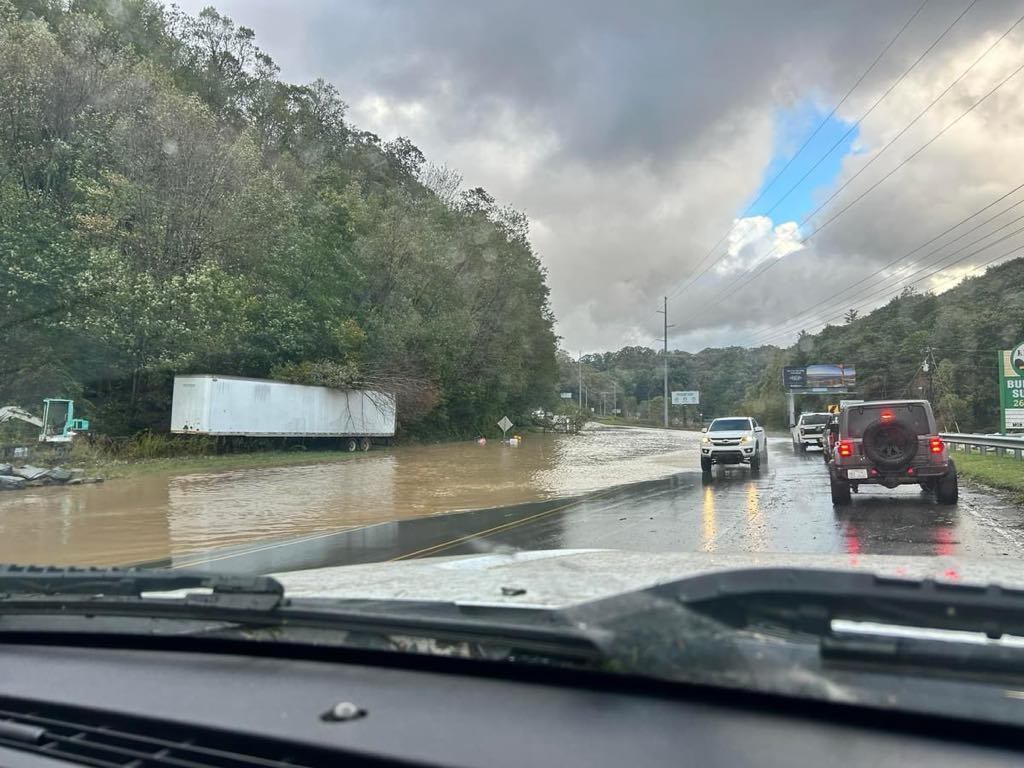
Tourism is a Cornerstone of Western North Carolina
Tourism has long been a cornerstone of the Western North Carolinian economy, or WNC as locals call it, much like the DMV for the greater Washington DC metro area. Visitors rightly adore WNC’s peaks and breweries, its live music venues, and artist enclaves. The tourist industry was worth $7.7 billion to the region in 2023. Fall, with its crisp air and flaming foliage, is peak season.
So, when Helene came hammering through during those crucial weeks, the economic hit was brutal. Asheville alone lost an estimated $584 million in tourism revenue in the final quarter of 2024. The total damage from Helene is estimated to exceed $50 billion.
Amid the headlines and heartbreak, a quieter story is unfolding. This is a story of recovery and resilience with one firm message: WNC is open for business.
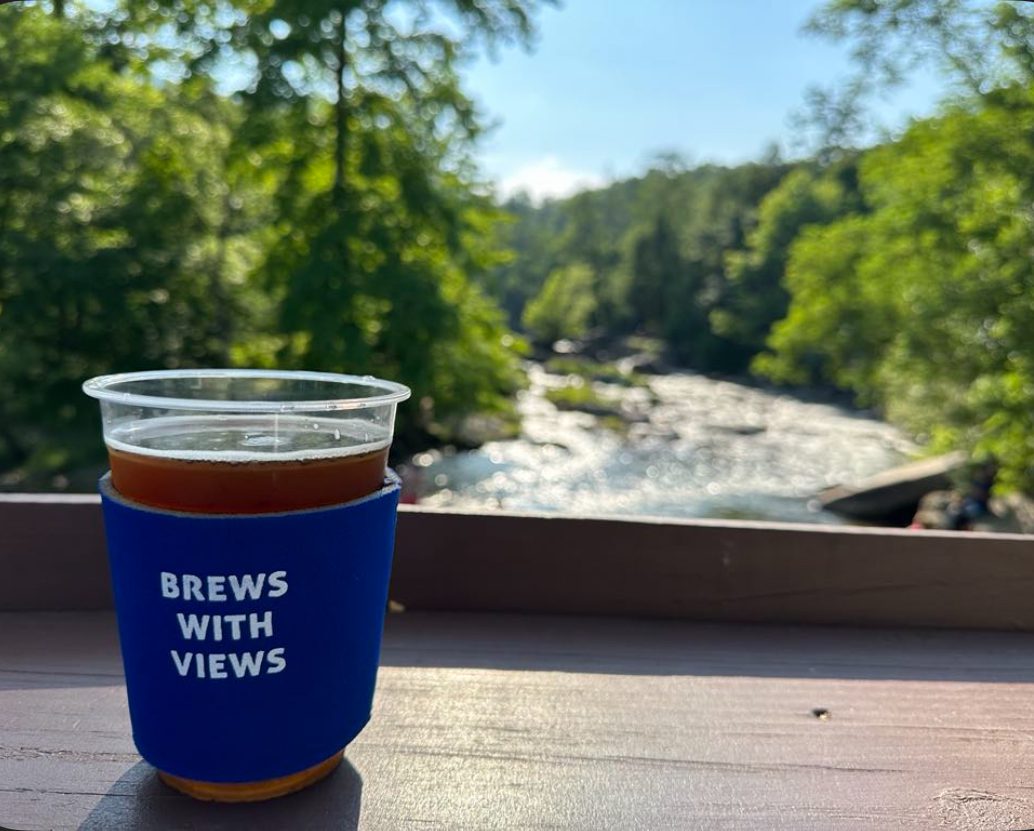
‘Hurricane Helene Very Nearly Destroyed Our Entire Company’
A confession: I’m not from North Carolina. I wasn’t born under the skylines of the Blue Ridge Mountains or raised among the winding backroads. But for the past eleven years, I’ve returned often enough that it feels like a second home.
I’ve watched the sunrise from Chimney Rock and toasted wonderful friendships at Burial Beer Co. in downtown Asheville. When Helene hit, I wasn’t just glued to the news, I was frantically messaging friends.
One couldn’t reach her sister for days (she was OK, just without a phone signal or power). Another described watching a neighbor’s roof lift clean off, praying his wouldn’t be next. These were ordinary people suddenly thrown into chaos with no playbook for what comes next.
Linda, a good friend of mine, messaged me in the weeks after, “My heart hurts every time I come across an area that’s been affected. The river took out one of my favorite spots on Lake Lure, along with every other business on that side of the river.”
Stories like this became common. In Asheville, Devin DeHoll of Asheville Adventure Company lived the nightmare. “The storm very nearly destroyed our entire company,” he told ABC11. Four out of five of their locations in the River Arts District were wrecked. His business once supported around 100 staff and has been forced to scale back drastically. Devin, like so many others, has spent the last few months doing less adventuring and more rebuilding.
Up in Boone, Trevor Moody, who runs Lily’s Snack Bar, saw his busy autumn plans unravel. “Up until September, we were up year over year by about 5 or 6%,” he told local press. “By the end of October, we were down year over year by about 4%.”
That might not sound catastrophic but in a seasonal business, losing October is like losing Christmas in retail. The prospect of visitors staying away into 2025 is the difference between survival and extinction for many small businesses. Many have already laid off staff, others have struggled to find replacements for those who left and have not returned.
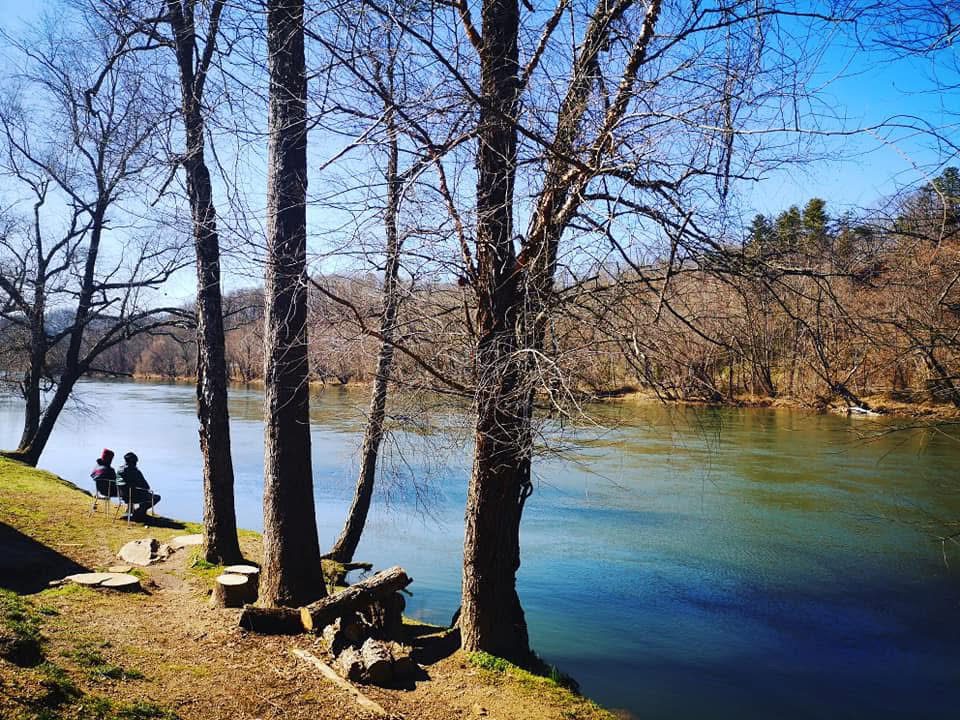
A Landscape Changed
The storm didn’t discriminate. Asheville’s water system was compromised, leaving residents under a 53-day boil advisory. Highways like I-40 and I-26 became rivers or crumbled under landslides. Only recently have they reopened and, even now, they come with speed restrictions and section closures. The impact lingers in everyday ways: longer commutes for workers and slower deliveries.
That’s those who are still trading. Alongside Linda’s favorite spots, places like Chimney Rock Brewing near Boone, where I once nursed a pint after long hikes through the spectacular landscape, have shut their doors indefinitely. White Duck Taco, another favorite, remains closed in the River Arts District but open in Downtown Ashville. The spirit of these places isn’t gone, but their full return isn’t guaranteed.
Federal aid has begun to flow. Over $1.65 billion in block grants were allocated to the state, with $225 million earmarked for Asheville. It sounds like a lot, but between fixing roads, restoring utilities, and supporting small businesses, block grants only stretch so far. As any local will tell you, the recovery is far from rapid and is extra challenging when so many businesses’ survival depends on the next few months.
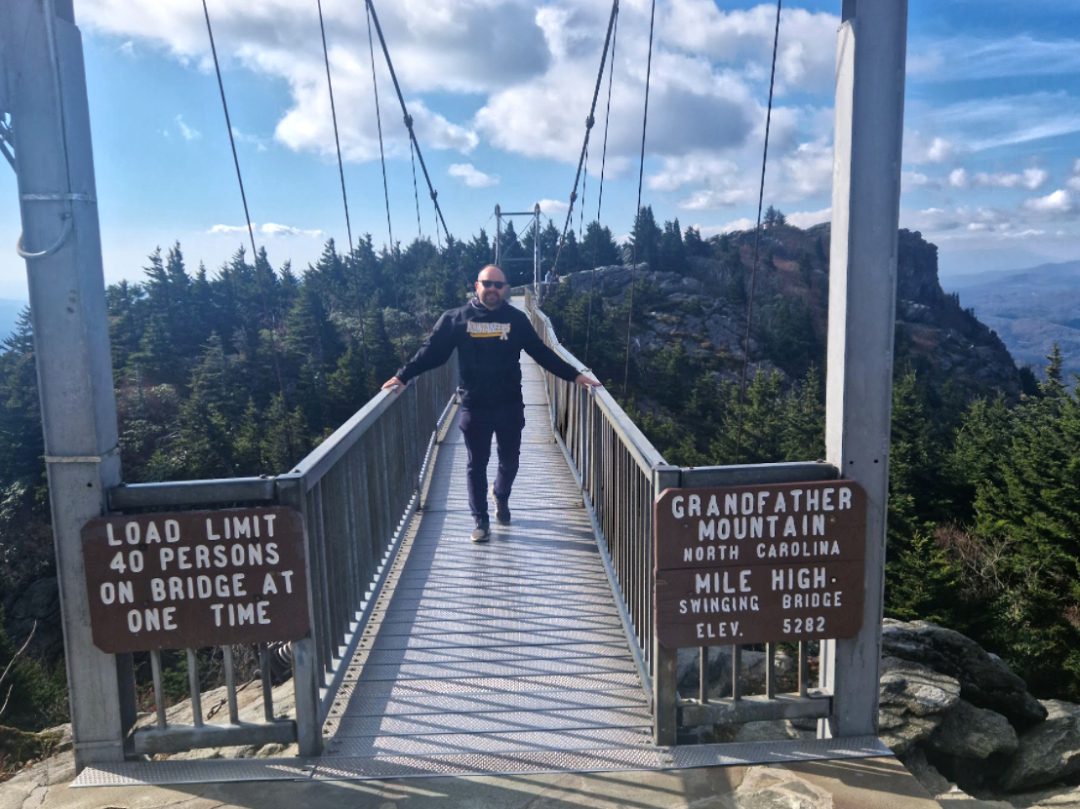
Community First, Always
Still, there’s something about the mountain communities of Western NC that defies defeat. If you’ve ever spent time here, you’ll know what I mean. People show up. Not just in spirit, but with hammers, hot meals, and spare bedrooms.
“People have literally been putting their lives on hold and spending their own money to ensure others in their community have somewhere to live” says Linda. She has volunteered to support neighbors and contribute to the rebuild, even when she herself was without water for over two months and facing a commute of four times its previous length.
She’s not alone. Thousands of others have chipped in – from turning their backyards into aid distribution centers to tradesmen driving hundreds of miles across the state to freely offer their time, materials, and expertise to rebuild the homes of vulnerable community members.
Despite facing sizeable challenges, local businesses have also pivoted their efforts to support their communities. Rosetta’s Kitchen, a beloved Asheville vegan spot for the past two decades has been dishing up free food for locals in need, despite losing over $150,000 in revenue since Helene. “Everybody eats” is their motto. After Helene, it became their mission.
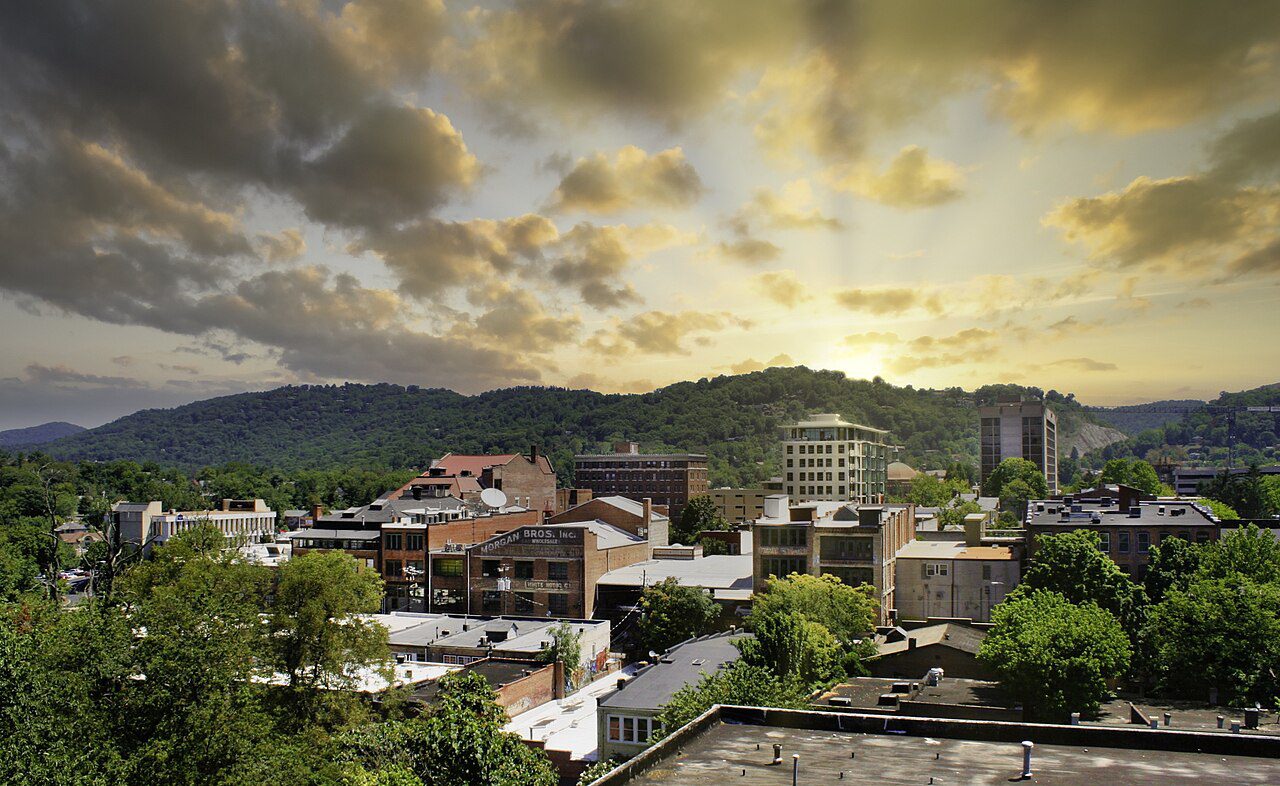
So… Should You Visit WNC?
In a word: YES.
Explore Asheville, says it best on their Instagram page: “Asheville is open and ready to welcome you back! #BePartoftheComeback”. My friend Linda echoes this view from her conversations all over Asheville, “We are in desperate need of visitors to come in and support our local businesses.”
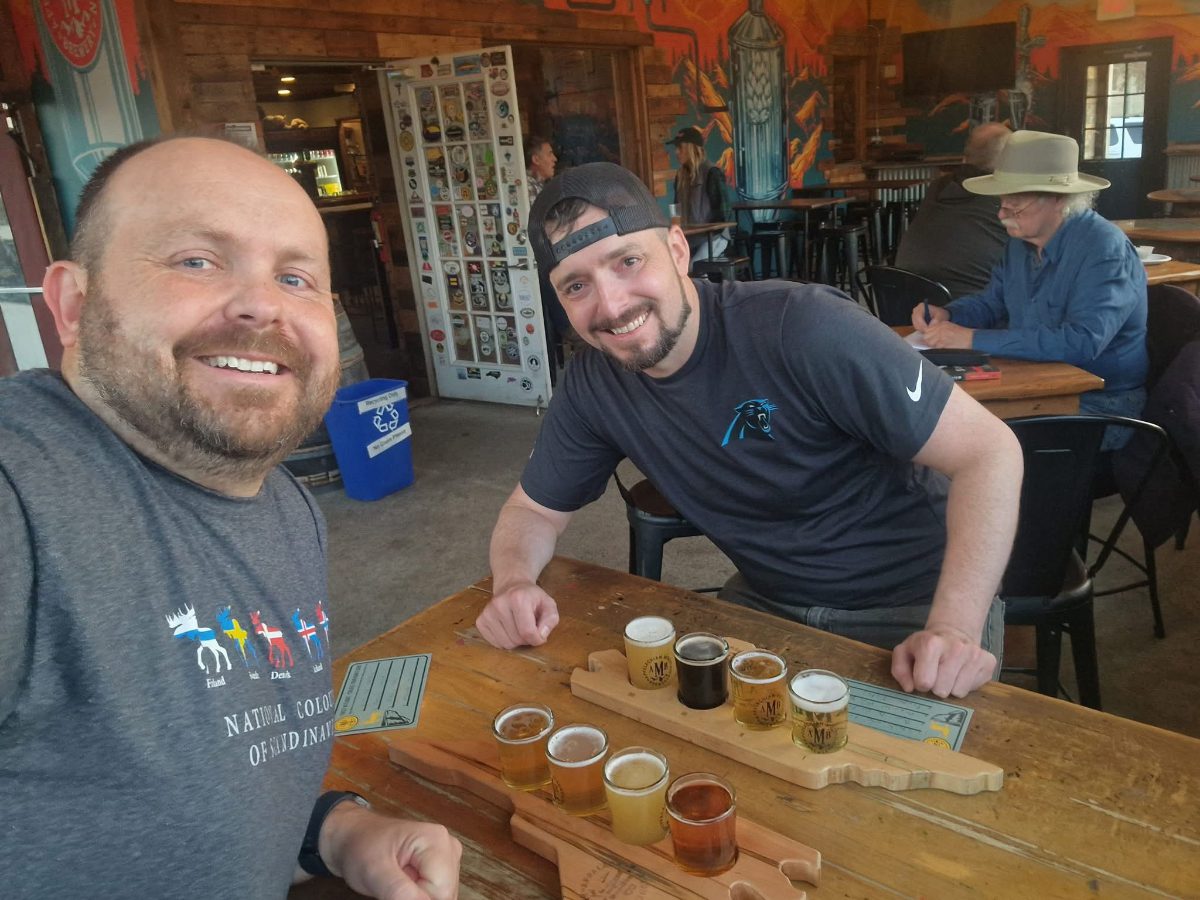
So how can you help?
Visit. Your drive might take longer than expected. Roads are still being repaired and detours may be part of your journey. The slowdowns are an invitation to notice more.
Stay at a locally owned B&B, where every booking helps a family move forward.
Eat at restaurants where the staff might be rebuilding from scratch. Understand that they are doing their best in trying times.
Embrace the slower pace of a region that is healing. WNC needs tourists who care.
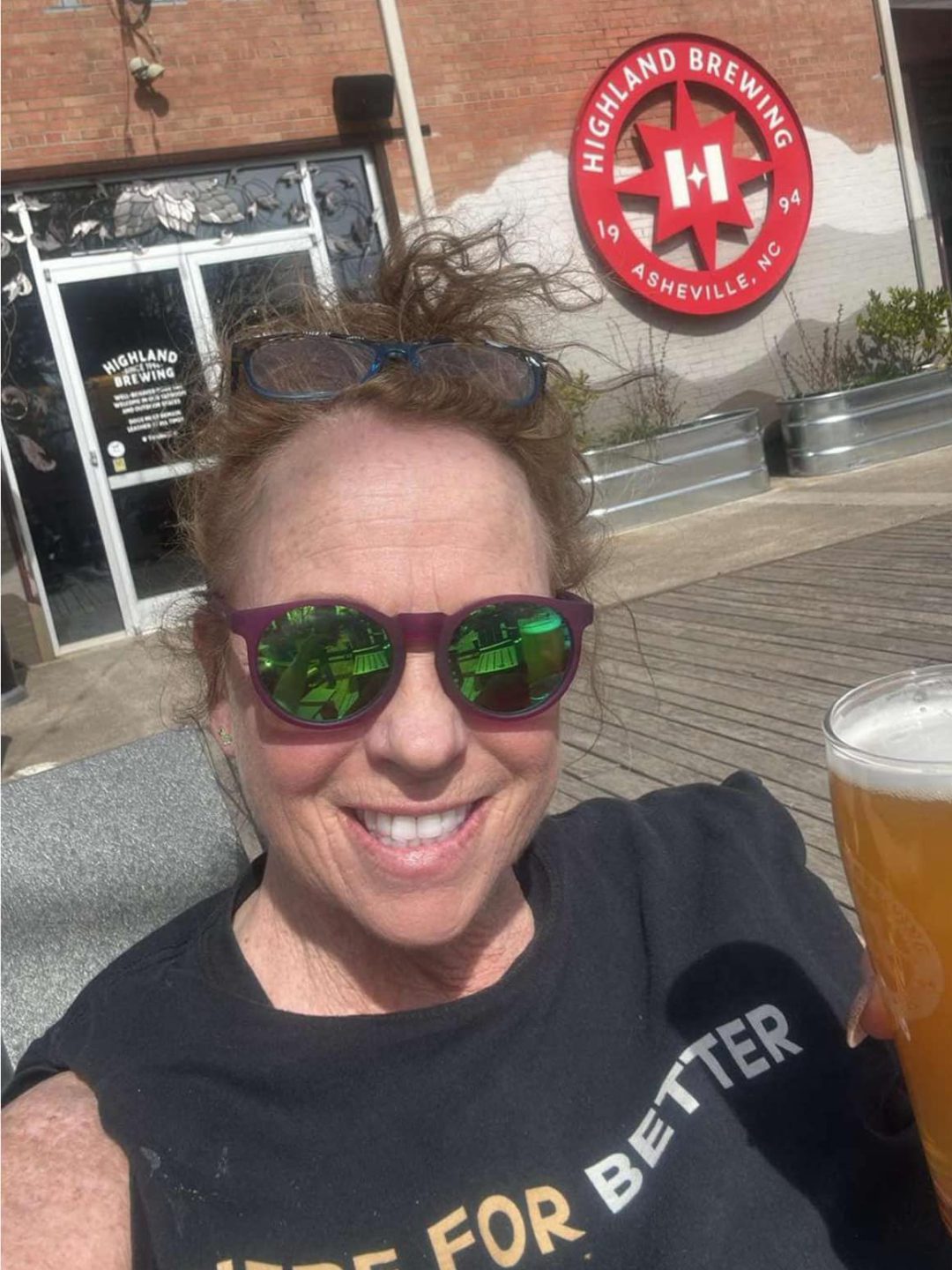
A Smile, a Beer, and a Smidgen of Hope
Last week, Linda sent me a photo. She was standing outside Highland Brewing in Asheville, a cold beer in hand, her face lit up by the glow of late afternoon sun. The brewery had just reopened, and dozens of locals gathered to celebrate, not just the place, but the survival of something much bigger: community.
If you’re wondering whether now’s the right time to visit, let me offer this final thought: there may never be a better one. Plan your trip today.
Lodging in and around Asheville, North Carolina
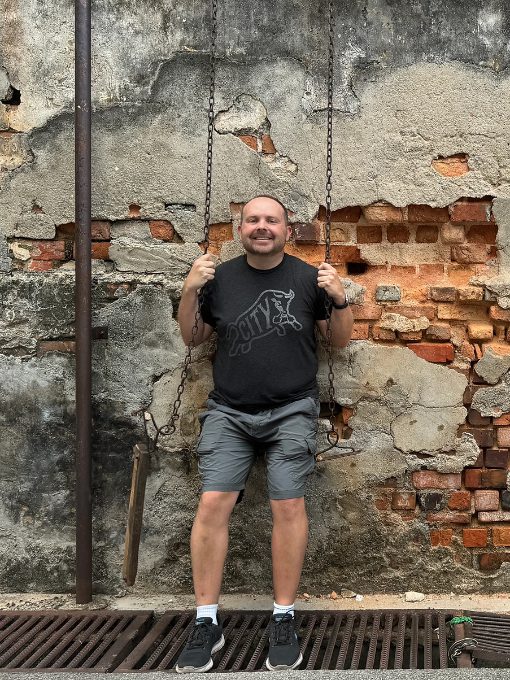
Travel Blogger, Phil Thomas
Phil Thomas is the traveler and storyteller behind Someone Else’s Country, a blog for time-strapped adventurers with big wanderlust. After nearly two decades navigating the corporate world, Phil swapped boardrooms for border crossings and now writes full-time about offbeat destinations, 24-hour layovers, and travel that defies the usual itineraries. Based in Cambridge, UK, he shares his journeys (and occasional misadventures) with his partner Paul. When he’s not writing or hunting flights on Skyscanner, you’ll find him geeking out on history, cheering on underdog sports teams, or capturing travel moments through his camera lens.

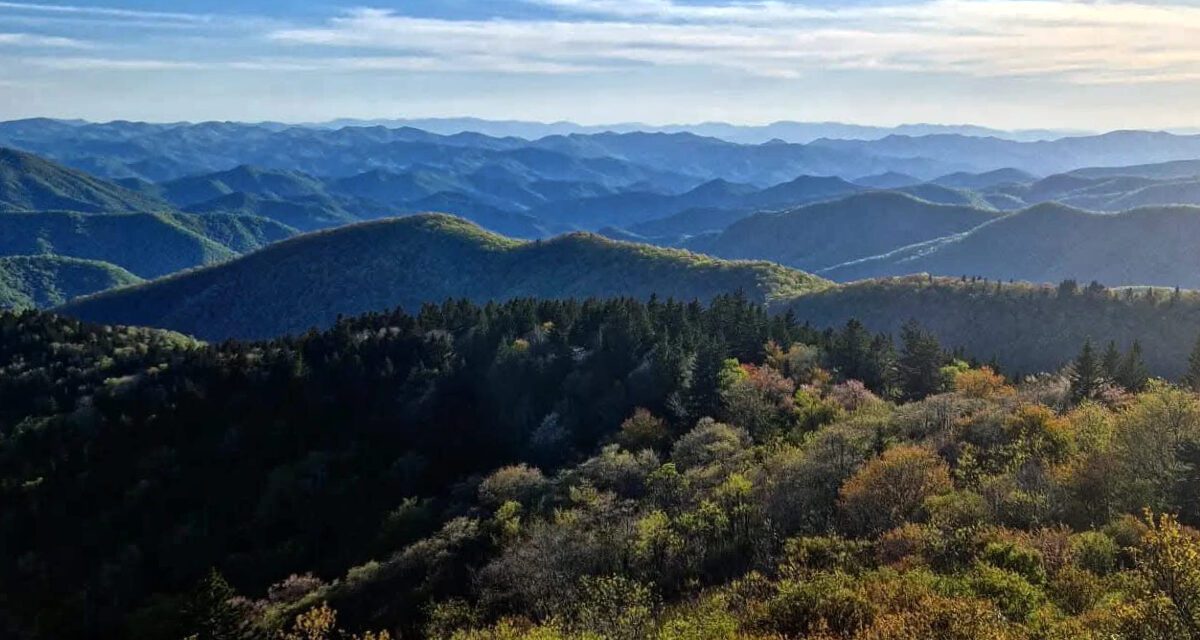

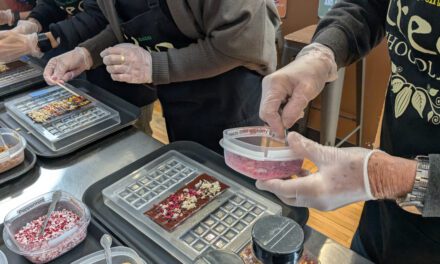


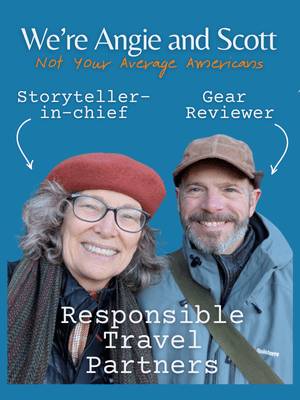
















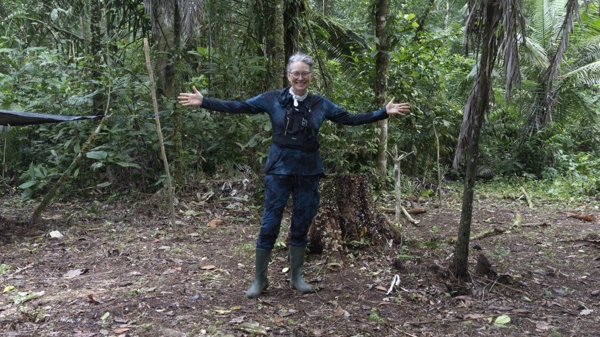
So moving! Yes, I have been to that area often and want to go again and write about it to help.
Hey Kathleen! Be sure let us know how your next trip goes. We’d love see WNC through your eyes!